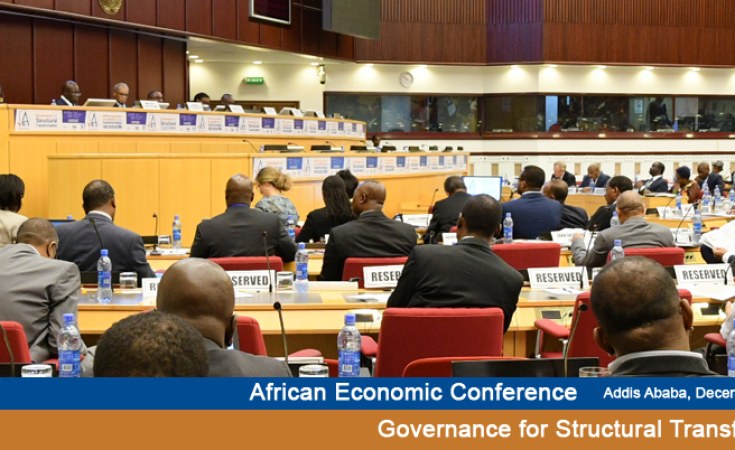Addis Ababa — "A rule of law is not just that you have rules," Professor Mushtaq Husain Khan of the University of London told a gathering of government officials and representatives of non-governmental (NGO) representatives in the Ethiopian capital, Addis Ababa. "It means that those who are enforcing the rules are also subject to rules," he said.
Khan was addressing the second day of the African Economic Conference, which kicked off with speakers offering policy prescriptions for better governance that will lead to the transformation of African economies.
Khan told a conference plenary on the 'role of institutions in transformative governance' that societies without a developed rule-of-law are plagued by unpredictability. When you have a society that doesn't respect the rule of law, he said, you have a "large element of informality".
"Rules" that are enforced by patron-clients networks and the powerful, he told delegates, are not the same as laws that are understood and accepted. "Informal rules describe the violation of formal rules" and are "enforced by powerful organizations in developing countries", he said.
The African Economic Conference is an annual event jointly organized by the United Nations Economic Commission for Africa (UNECA), the African Development Bank (AfDB) and the United Nations Development Program (UNDP). This year's gathering, the 12th in a series, brings together thinkers, academics, representatives of governments and other practitioners to discuss emerging issues on the continent.
The second day of meetings was characterized by several breakout sessions where academics tackled designated topics in line with the conference's theme: 'governance for structural transformation'. At these events, panelists exchanged views on the direction they think African countries should take.
"It is not autocracy but democracy that works for African countries", said Professor Augustin Fosu of the University of Ghana during one panel discussion.
Another, Miriam Altman of South Africa's National Planning Commission, urged governments to look for more domestic investment, rather than maintaining a dependence on external investment. "While it's attractive for multinationals to come in your country to invest", she said, "it's cheaper to develop your own local capabilities".
A third panelist, Neway Gebreab, a former advisor to the Prime Minister of Ethiopia, said that "if we do not have agriculture development, we will not be able to supply food at a cheaper price". Agriculture development, he said, is important for poverty reduction.
Organizers say up to 500 participants attended the opening ceremony of the conference on Monday. At that occasion, Ethiopian Prime Minister Hailemariam Desalegn espoused the importance of good governance.
His point was echoed by the director of UNDP's Regional Service Center, Lamin Manneh, who said that "good governance is the single most important factor in eradicating poverty and promoting development". Manneh warned that unless societies are well governed, "Africa faces an uncertain future with threats arising from underexploited human and natural assets".
During a keynote address at a special event that examined 'Governance for Africa's Industrialization', Professor Keun Lee summed up the challenge for African countries and economies: "Africa produces what it cannot consume, and it consumes what it cannot produce".


